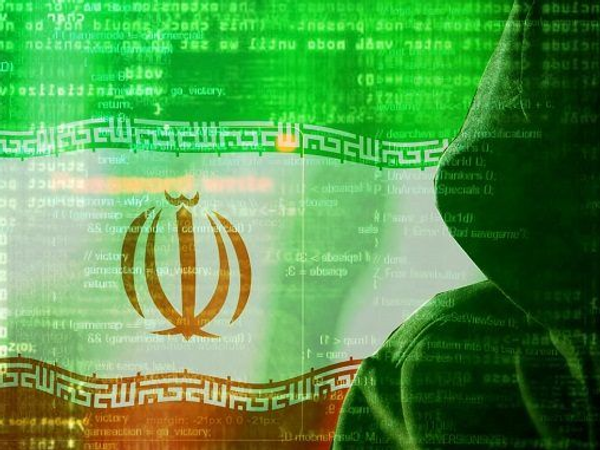Canada has identified Iran as one of its top strategic cyber threats in its 2025 National Cyber Threat Assessment, citing Tehran's expanding cyber activities and surveillance of global opponents as a growing security risk.
“Iran’s persistent efforts to track and monitor regime opponents through cyberspace present a growing cyber security challenge for Canada and our allies,” the report says.
Iran has become a player in global cyber warfare, conducting increasingly sophisticated attacks on regional and international targets. Iranian cyber capabilities have evolved over the past decade, with state-sponsored groups targeting a variety of sectors, including government, finance, energy, and media.
Canada’s 2025 National Cyber Threat Assessment lists Iran, alongside Russia and China, as a primary cyber threat to national security, warning that Iran’s digital reach now extends beyond the Middle East to target Western nations.
As per the assessment, Iran has used its ongoing cyber clashes with Israel to strengthen its espionage and offensive cyber tactics, which it now deploys against Western targets.
Canadian intelligence officials say that while Canada may not be a primary focus of Iran’s cyber activities, Iranian actors “likely have access to computer networks in Canada, including critical infrastructure.”
According to the statement, the Iranian actors have used high-profile events, like the downing of Flight PS752 over Tehran, as themes in phishing campaigns aimed at the Iranian diaspora and Canadian officials. These campaigns have targeted key sectors, including aerospace, defense, and telecommunications, in pursuit of Iran’s intelligence-gathering objectives.
In just the past few weeks, major tech companies Google, Microsoft, and Meta have all reported malicious activities linked to Iran, warning that Iranian efforts could escalate, potentially inciting violence against political figures to sow chaos and compromise the integrity of the upcoming elections in the US.
Microsoft Threat Analysis Center (MTAC) research related to the US elections released last week said Iran is gearing up for additional influence operations.
“Iranian groups tasked with targeting the US elections may make an effort—as they have in the past—to run influence operations both shortly before and soon after the election by leveraging cyber intrusions from weeks to months prior,” the report said.
On October 14, a report revealed that MTAC's investigation identified an online persona, controlled by Iran, pretending to be an American and urging Americans to boycott the elections over both candidates' support for Israel’s military actions.
In response, a spokesperson for Iran's mission to the United Nations denied any Iranian interference in the US presidential elections. "These allegations are entirely baseless and utterly unacceptable," the spokesperson stated.
As Iran’s cyber capabilities and global reach expand, Canada and its allies face an increasingly complex challenge in countering Tehran’s disruptive and coercive cyber strategies.
